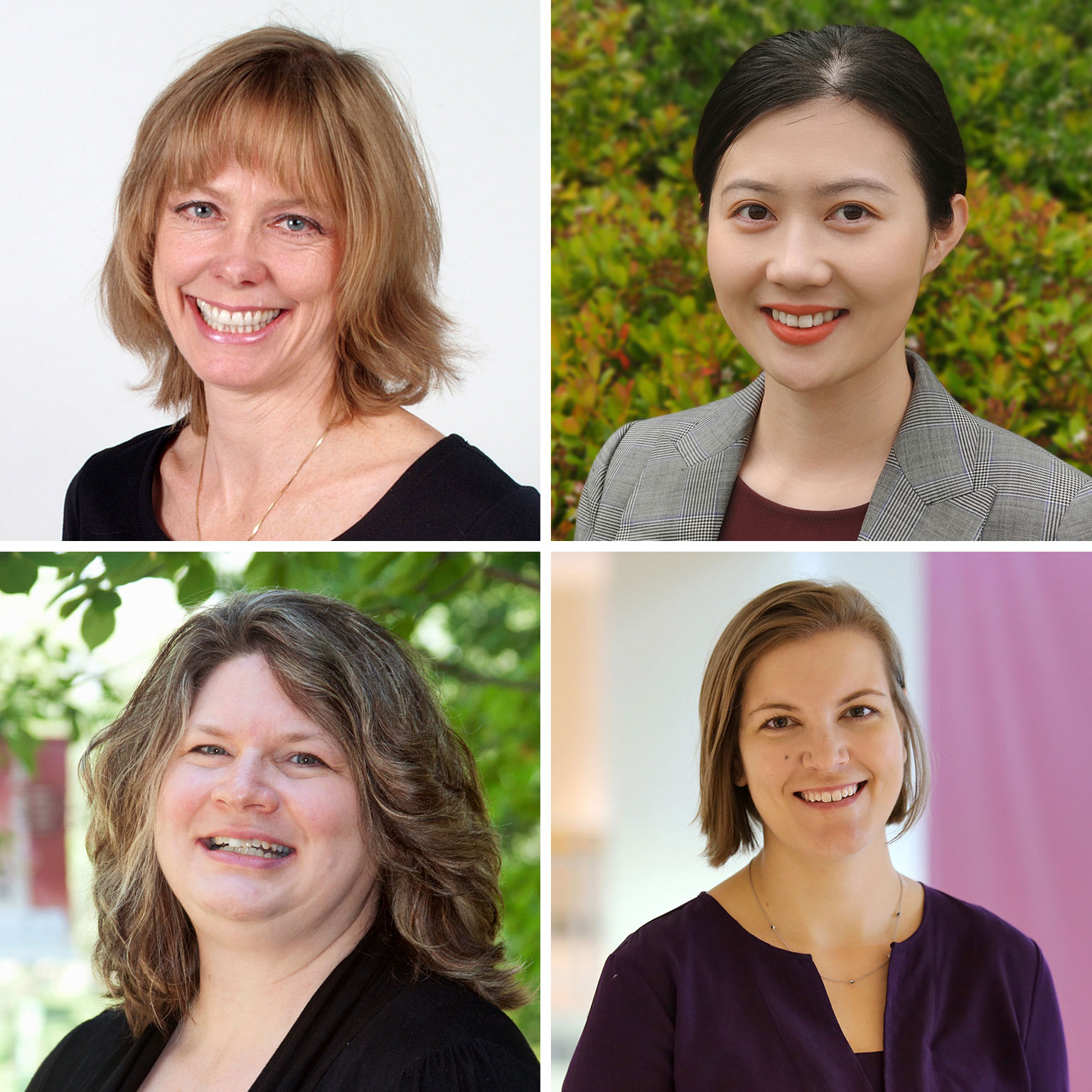Four research projects from IU School of Education faculty received funding from the Office of Research and Development to work on projects ranging from mental health for teachers to STEM education in the Philippines.
- Maris M. Proffitt and Mary Higgins Proffitt Endowment Grant: Heather Ormiston will focus this grant on the implementation of gratitude groups with educators. Teacher wellbeing and mental health have a significant relationship with student wellbeing, mental health, and academic performance. While there has been extensive research related to examining teacher stress and burnout, less has been done in relation to enhancing teacher wellbeing within the United States. This grant will explicitly focus on increasing educator subjective wellbeing and mental health broadly.
- Proffitt Summer Faculty Fellowship Program: Patricia Kubow will work on a project to create a scientifically reliable, child friendly, and culturally relevant quantitative survey called the ‘Arab Youth Barometer’ to measure general trends in socio-civic attitudes of domestic Jordanian and Syrian refugee students in double-shift schools in Jordan, where Jordanian students are taught in the morning and Syrian refugees in the afternoon. Because the conditions in which Arab schoolchildren attempt to build their socio-civic identities are not well understood, the survey will help to ascertain students’ attitudes in several socio-civic categories, including identity, (in)security, freedom and rights, and social belonging.
- Martha and H.A.R. Tilaar Faculty Support Fund: Valarie Akerson is leading Project PEARLS (“Philippine Educators for Advancing Research Learning in STEM”) that seeks to address persistent gaps in STEM education by equipping Filipino women educators to take the lead in preparing the next generation of scientists. Despite national efforts, many teachers report a lack of training and resources to effectively guide student research. This project tackles this gap through professional development, collaborative research, and institutional partnership.


